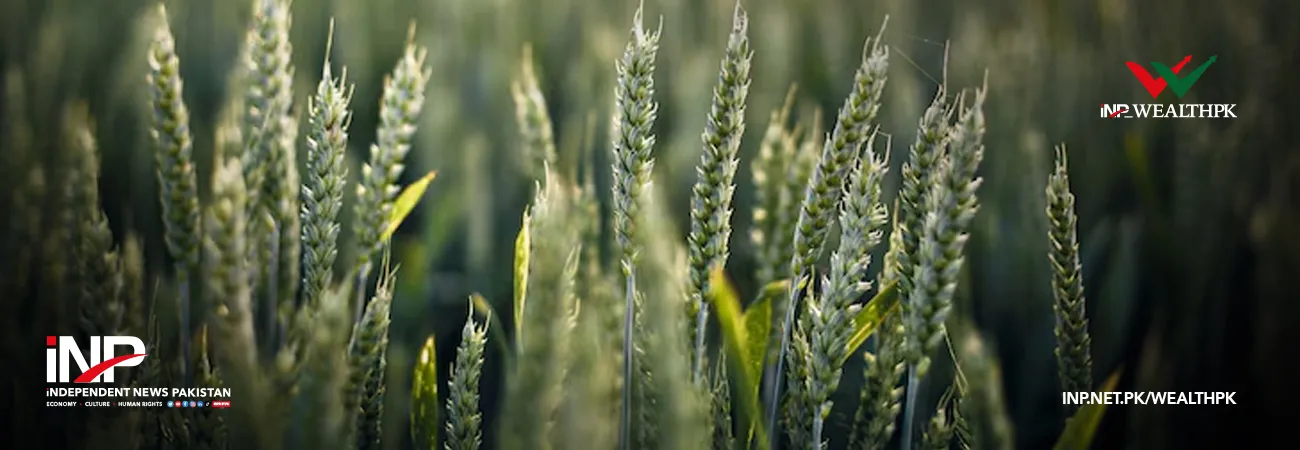INP-WealthPk

Govt works to adjust cropping schedules amid climate threats: minister
August 14, 2025
Azeem Ahmed Khan
Federal Minister for National Food Security and Research Rana Tanveer Hussain said the government had begun adjusting cropping schedules as a step toward climate adaptation. Talking exclusively to WealthPK, the minister said that climate change had disrupted traditional crop patterns worldwide, including in Pakistan. “The pattern of crops was affected by climate change and we will have to change that pattern,” he said.

The country’s agriculture sector witnessed slower growth this year primarily due to the global impacts of climate change rather than the domestic policies. He said that many farmers were under financial pressure but stressed that the pricing crisis was largely confined to wheat. “There is no doubt the farmers are stressed because of the price, but the price issue is limited to wheat,” he said, adding that sugarcane growers, for example, had received record-high returns this year.
The minister observed that market dynamics also contributed to farmer discontent. “When the production increases and it is in surplus, the prices start falling,” he said, noting that wheat’s market downturn had a knock-on effect on other crops.
Despite the challenges, he assured the government was taking measures to cushion farmers from climate and market shocks, while working to realign cropping patterns with a changing climate.
Pakistan Kissan Ittehad Chairman Chaudhary Haseeb Anwar said Pakistan’s agriculture sector was facing significant challenges. Talking to WealthPK, he said agriculture yields are steadily declining, affecting both vegetables and traditional crops. He attributed the overall drop to several factors, with climate change being a key contributor.
Credit: INP-WealthPk








